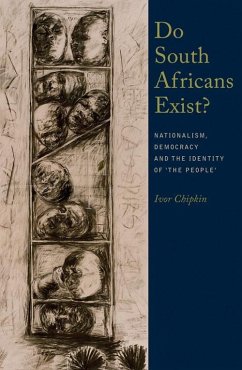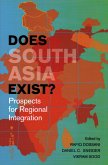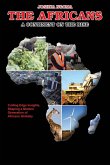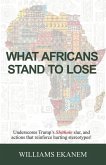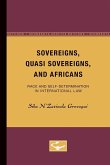Do South Africans Exist? Addresses a gap in contemporary studies of nationalism and the nation, providing a critical study of South African nationalism against a broader context of African nationalism in general. Narratives of resistance, telling of African peoples oppressed and exploited, presume that 'the people' preceded the period of nationalist struggle. This book explores how an African 'people' came into being in the first place, particularly in the South African context, as a collectivity organised in pursuit of a political - and not simply cultural - end. The author argues that the nation is a political community whose form is given in relation to the pursuit of democracy and freedom, and that if democratic authority is lodged in 'the people', what matters is the way that this 'people' is defined, delimited and produced. He argues that the nation precedes the state, not because it has always existed, but because it emerges in and through the nationalist struggle for state power. Ultimately, he encourages the reader to re-evaluate knee-jerk judgements about the failure of modernity in Africa.
Hinweis: Dieser Artikel kann nur an eine deutsche Lieferadresse ausgeliefert werden.
Hinweis: Dieser Artikel kann nur an eine deutsche Lieferadresse ausgeliefert werden.

